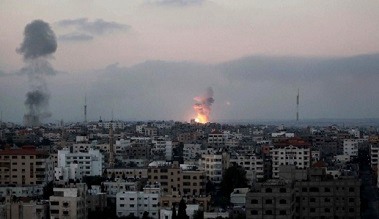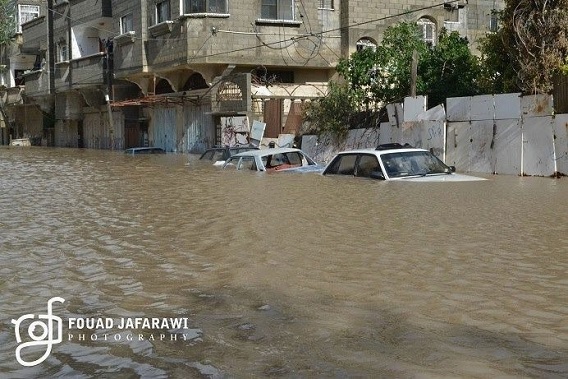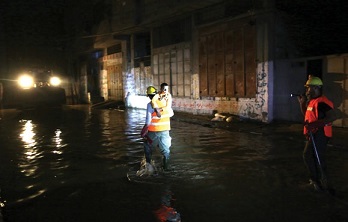Hamas and the ceasefire that wasn't
Hamas almost immediately distanced itself from a ceasefire proposal that didn't meet any of its aims - or come through the right channels
When rumors began spreading late on Monday about a possible Hamas-Israel ceasefire brokered by Egypt, Ismail Haniyeh - the top Hamas leader in Gaza - appeared on a pre-recorded TV interview from an unknown location to address Palestinians.
In the video, Haniyeh's message was clear - he wanted to reassure Gazans that he and Hamas were unwilling to compromise on the innocent blood spilled in Gaza during the last nine days. “It is not possible for any party to bypass the conditions set by Palestinian Resistance to implement a period of calm,” he said in the clip. Hamas have since said says the ceasefire draft wasn’t seen by then until after it was made public, suggesting to them that the ceasefire proposal was more a media ploy rather than a true political initiative to end the conflict. “We want to stop the aggression on our people, but the problem is the realities of Gaza such as the starvation siege, closure of borders, the humiliation of people,” Haniyeh said.



























